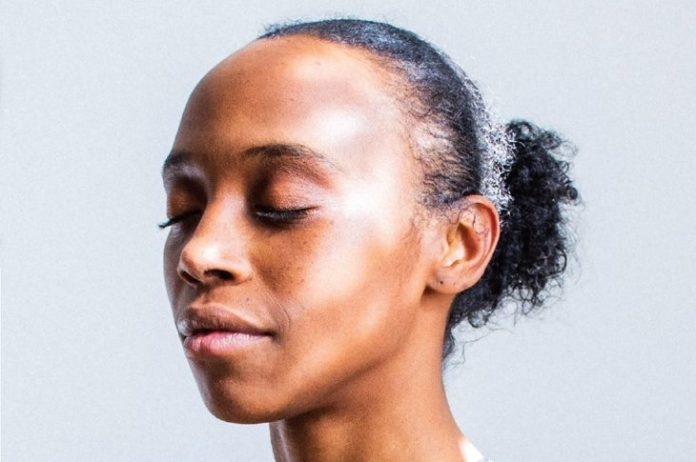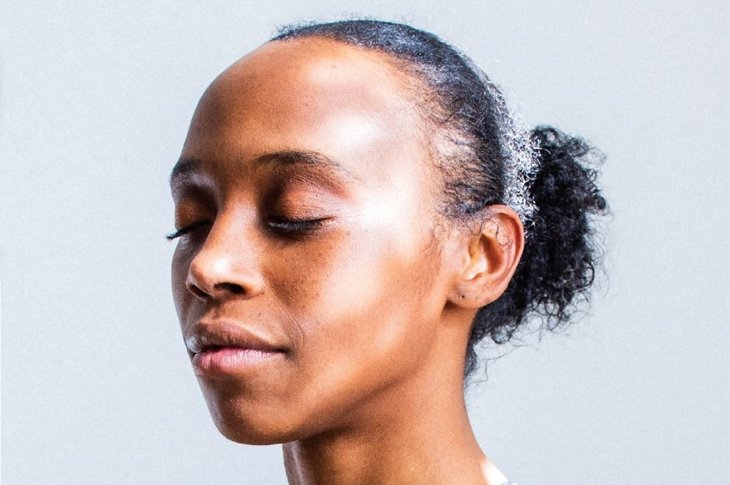
Have you downloaded an app that’s meant to meld your mind in some way? Have you ever wondered during your guided meditation or while solving a digital puzzle: Is this actually doing anything for my brain?
You’re not alone. Fortunately, research is beginning to paint a clearer picture of how useful apps for training, soothing, and quieting our brains are—and what these apps’ limitations might be.
01
Can you really train your brain with an app?
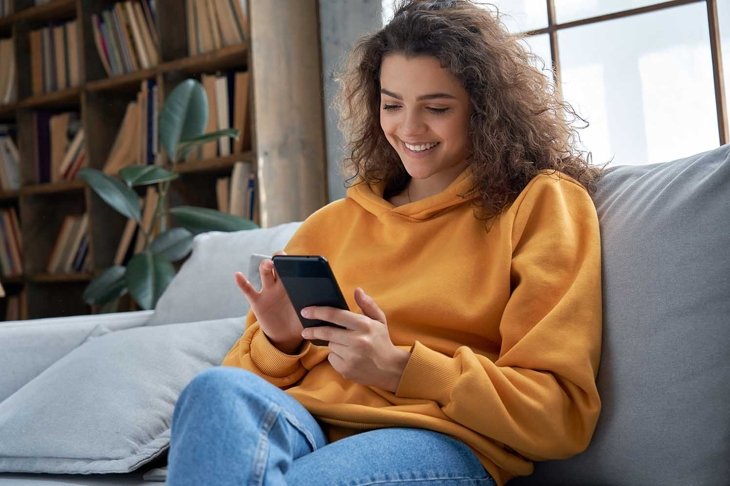
Good news: The progress you’re making on your brain-training app isn’t just in your head. One 2019 study discovered that playing an app called Decoder for eight hours over a one-month period improved participants’ ability to concentrate.
However, another study says even though these apps often work, there’s a caveat: A particular app may work for one type of brain training, but that doesn’t mean it necessarily transfers to another task.
02
Are sleep apps as effective as we think they are?
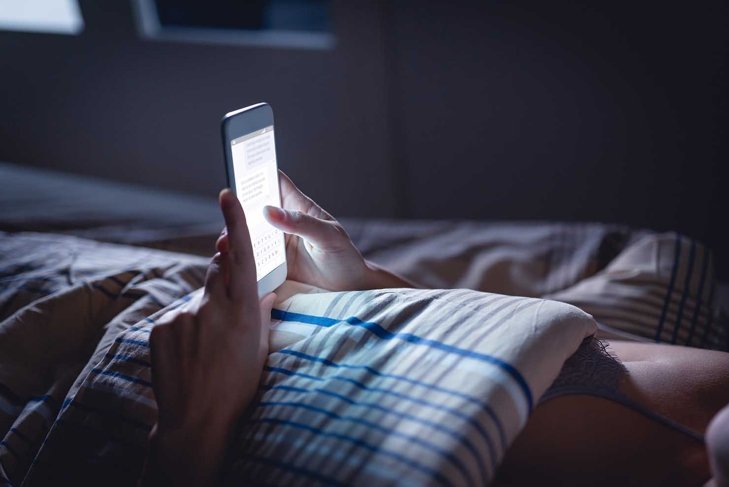
So far, research on apps for better sleep has proven promising. For instance, one study found compelling evidence that an internet-based cognitive behavioral therapy (CBT) intervention can effectively treat insomnia.
On the other hand, some researchers note that sleep apps may interfere with sleep hygiene. For example, the light from your cellphone or device can interrupt your circadian rhythm.
03
What about using an app for relaxation?

Mindfulness apps can decrease stress—especially those that help users cultivate acceptance.
Research also indicates relaxation can be achieved through gameplay. According to one study, apps designed specifically to enhance mindfulness may not be as effective at relieving after-work stress as digital games are.
04
Relaxation apps in professional therapy
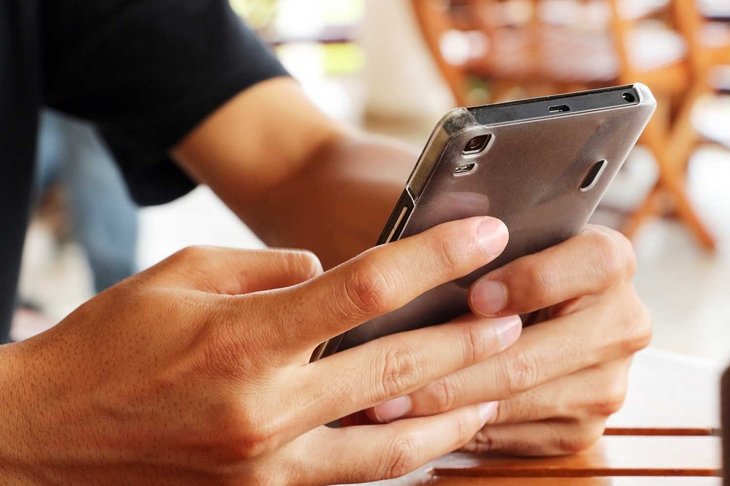
Registered psychotherapist Kimberlee Mancina uses apps in her practice, believing them to be “valuable complementary tools for traditional therapeutic interventions.”
Mancina explains, “They can act as a starting point, are much more accessible—financially, they’re more affordable—and can add therapeutic support.”
She adds that those with anxiety or agoraphobia may find apps particularly useful. Given reports that anxiety disorders are worsening in the wake of COVID-19, apps could increasingly provide crucial assistance.
05
The benefits of apps are still being researched
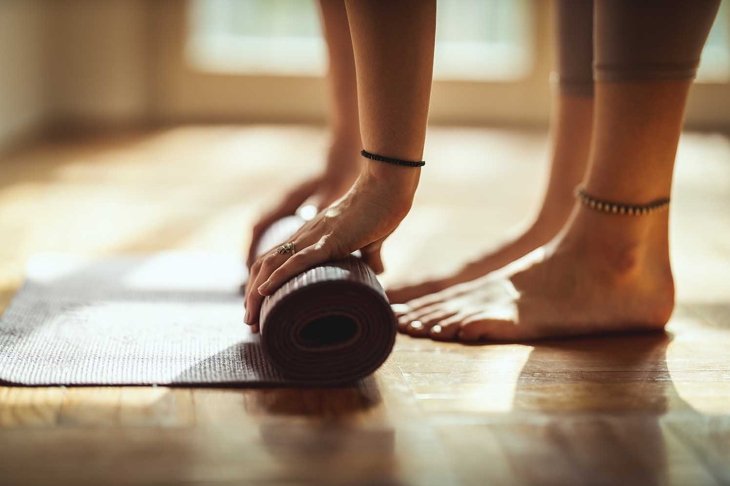
But Mancina also acknowledges that studies on the efficacy of apps are in their infancy and safety regulations are not yet in place. What’s more, Mancina advises app users to read the privacy policies of the apps they’re using.
At this point, an app probably won’t give you the concentration of a chess pro or wipe your worries away. But it may help you take baby steps toward bolstering your brain—and that’s a welcome thought for any mind.
Aerobic exercise has been proven to strengthen the brain and help it grow new neurons. Now, a December 2019 University of Illinois review says multiple studies show that yoga practitioners experience an increase in hippocampus volume, the part of the brain involved in memory processing. Get into mountain pose for peak brain health!
06
What about breaking up with your phone for your mental health?

That’s a big part of “dopamine fasting”: a California-born fad that involves avoiding stimuli that have proven unhealthy for you, such as social media, texting, or the sounds you hear when you receive a message. Proponents postulate that taking a break from these activities helps you gain control over your life and rein in compulsive behaviors.
According to an article by Dr. Peter Grinspoon on the Harvard Health Blog, many have misinterpreted the science behind the fad. He explains that dopamine doesn’t decrease when you avoid such stimuli, and dopamine fasting may just be a modern label for “taking a break” or mindfully approaching life—both of which can be beneficial.
07
Mental health and wellness apps: an expert\’s picks
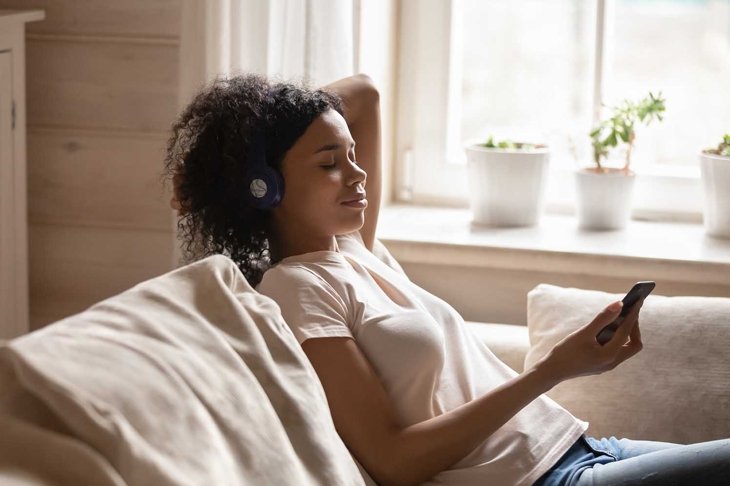
There\’s no shortage of apps out there to help with your mental health. But from a research perspective, the jury\’s still out on whether most mental health apps really work. So we had registered psychotherapist Kimberlee Mancina share her recommendations.
- Bliss: As a positive psychology advocate, Mancina is a big fan of this app. She loves the various prompts this app provides to assist with gratitude journaling.
- MoodKit: Mancina finds this app works well for tracking mood on a monthly basis.
- Calm & Headspace: Mancina loves these apps for their tools to aid in guided meditation for stress reduction, anxiety, and sleep.
- Talkspace: This app is helpful for connecting with therapists, especially since it can be intimidating to find a therapist for the first time.
- Youtube: It\’s not just for watching vegan cooking videos! This app is an extensive resource for sound healing, guided meditation, and emotional freedom techniques.
- Instagram: Mancina sees this as a powrful platform – covering topics from parenting to gratitude work – that has helped to normalize conditions and realities.
Brain boosters: Tea

These health foods and supplements could help give you the cognitive edge you crave.
A September 2019 study suggested that regularly drinking tea can prevent or slow cognitive decline. Get a boost from black, oolong, or green tea.
08
Curcumin
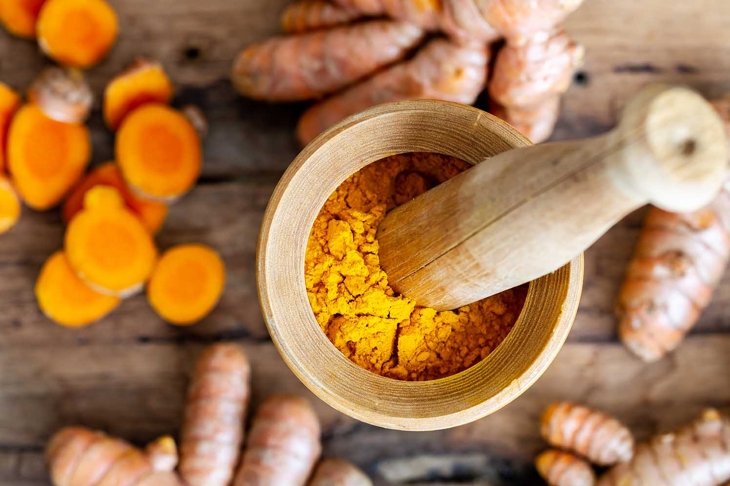
New research indicates ingesting an easily absorbed curcumin supplement can help with brain power—especially memory and attention abilities.
09
Rosemary aromatherapy
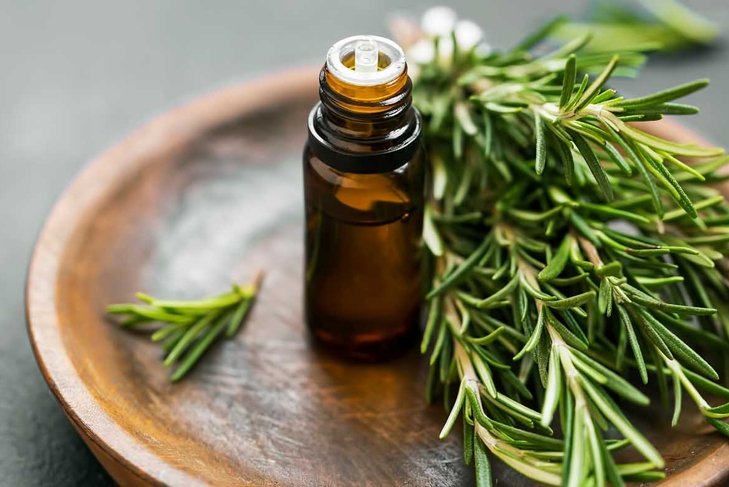
Recent research indicates that inhaling a compound in rosemary—namely 1,8-cineole—is significantly related to better performance on cognitive tasks. Breathing in higher concentrations of the herb led to even better performance.
10
Bacopa monnieri
 Bacopa monnieri has been used in Ayurvedic medicine since 500 A.D. to treat anxiety and improve cognitive processes, memory, and recall. One recent study found that a daily dose of 300 mg of the extract had a significant effect on some components of memory.
Bacopa monnieri has been used in Ayurvedic medicine since 500 A.D. to treat anxiety and improve cognitive processes, memory, and recall. One recent study found that a daily dose of 300 mg of the extract had a significant effect on some components of memory.
11
Omega-3s

Omega-3s are vital to brain function, and they’ve even been shown to improve neural performance. In one study, those who took a supplement rich in eicosapentaenoic acid (EPA)—a type of omega-3 fatty acid—displayed quicker reaction times. You can find vegan EPA in algae-derived omega-3 supplements.
12
Magnesium
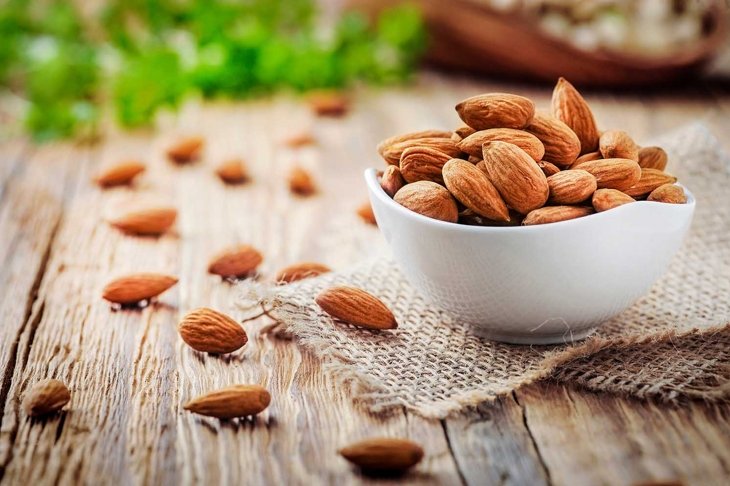
Magnesium has been shown to enhance memory, learning ability, and overall brain plasticity. The research is preliminary, but these results are promising. Most Americans don’t get enough magnesium; to up your intake, eat more almonds, spinach, black beans, and brown rice or opt for a supplement.
13
Vitamin B12
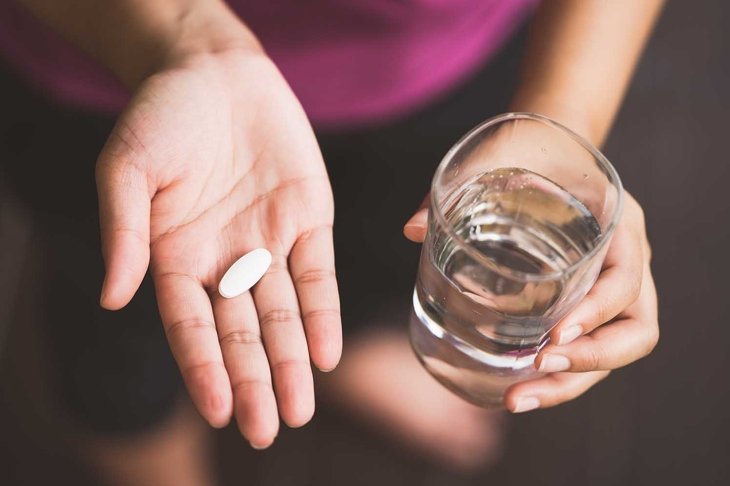
Vitamin B12 is essential for protecting and preserving the brain, especially as we age. Vegans should be extra vigilant about fortifying their diets with a B12 supplement.
14
Caffeine

Caffeine can provide a surge of energy and even rev up your short-term memory—big surprise, right? If you drink coffee, do so in moderation (one to two cups per day).
This article was originally published in the July/August 2020 issue of alive USA, under the title \”Your brain on apps.\”


